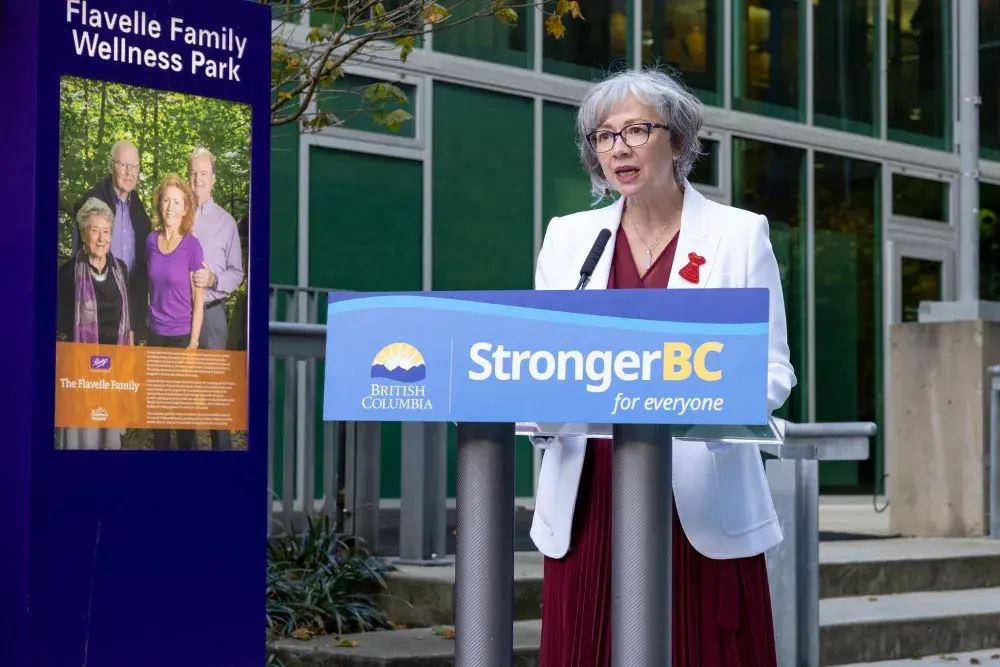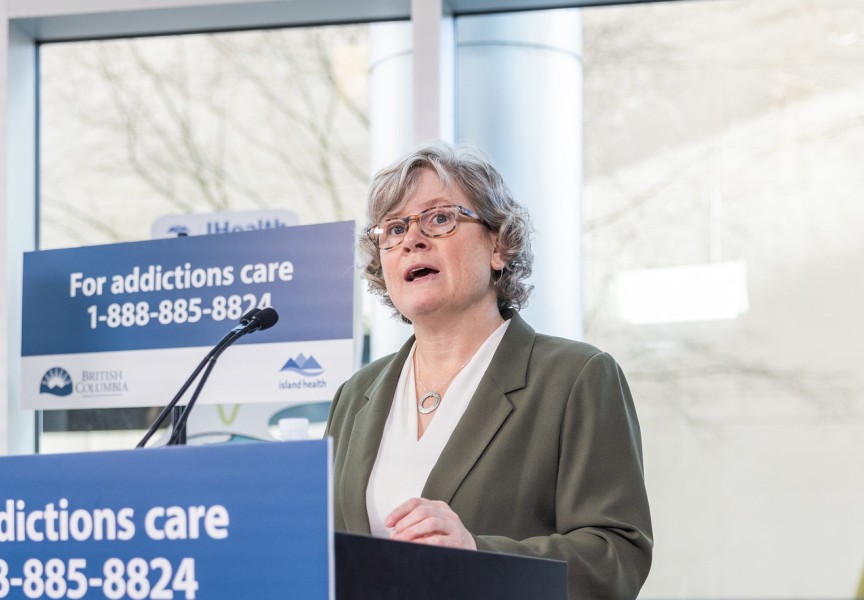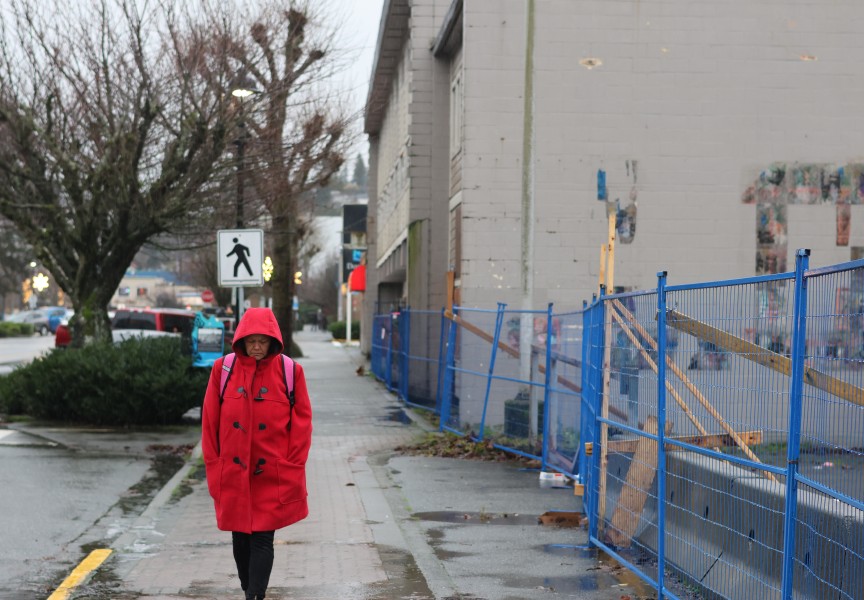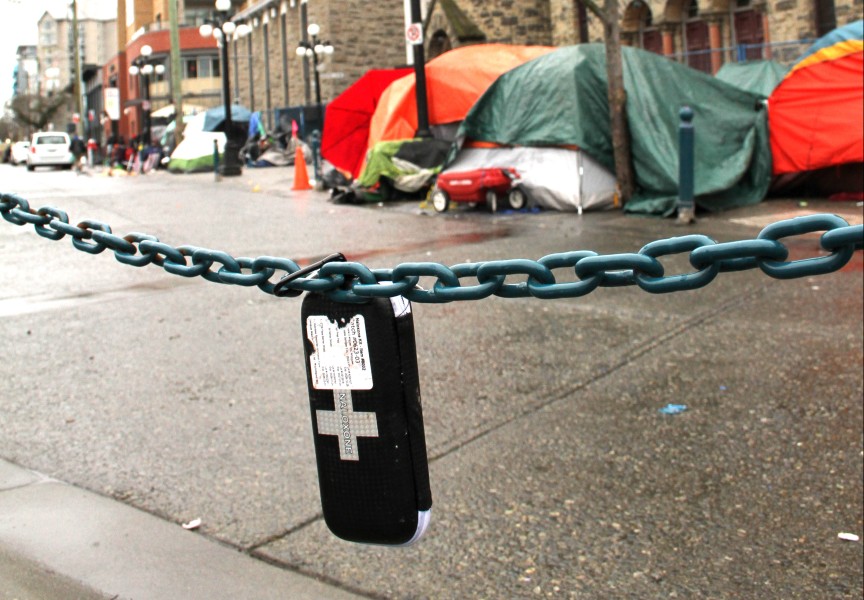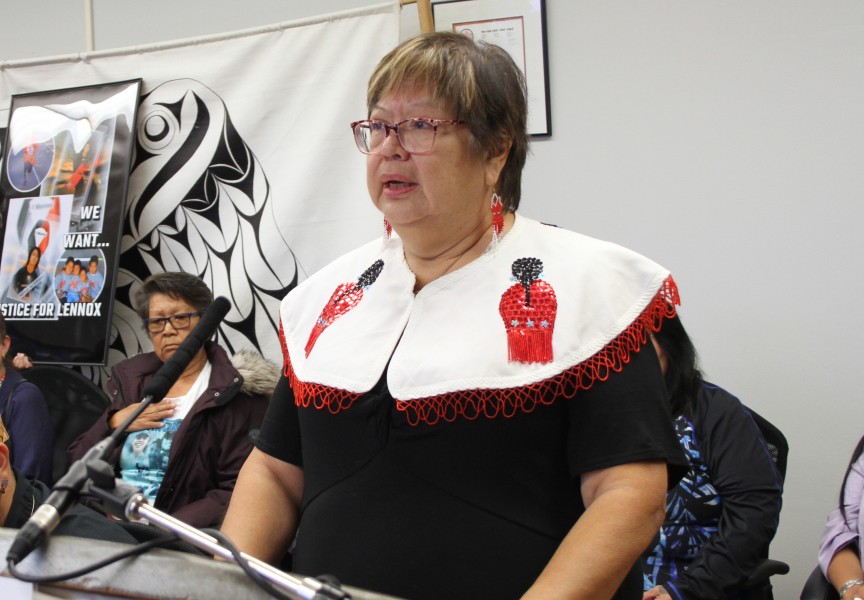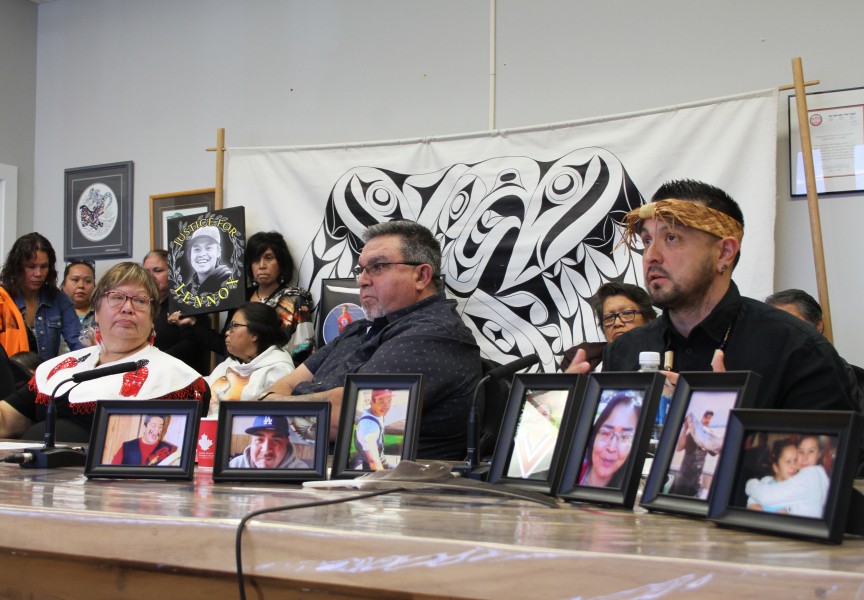On the first day of a court hearing to determine the future of a class action lawsuit over health-care related costs from illicit drug use, the province is accusing drug companies of being “bad actors who are fueling this crisis.”
Monday, Nov. 27 marked the beginning of a certification hearing in the B.C. Supreme Court, a proceeding being held to confirm if the lawsuit is going ahead. Originally filed with the B.C. Supreme Court in August 2018 by the Government of British Columbia on behalf of all Canadian provinces and territories, the class action takes aim at over 40 pharmaceutical companies and distributers, including such big names as Apotex, Shoppers Drug Mart and Loblaws.
“We took this action to recover the health-care costs of treating opioid-related disease, to hold manufacturers and distributers accountable for their part in allegedly engaging in deceptive marketing tactics to increase sales, which led to increased rates of addiction and overdose,” read a joint statement issued by B.C. Attorney General Niki Sharma and Jennifer Whiteside, the province’s minister of Mental Health and Addictions.
Since the opioid crisis was declared a public health emergency in April 2016, the province has thrown countless millions in public funding at the issue, with a growing list of recovery beds and a push for more health professionals to prescribe drug users with safer alternatives than illicit substances. In an effort to remove the shame that could prevent users from seeking help, in late January B.C. was even granted an exemption under Canada’s Controlled Drugs and Substances Act, allowing for the personal possession of up to 2.5 grams of many illicit substances.
But fatalities have continued, resulting in 1,645 deaths from illicit drug use over the first eight months of this year in B.C. – far surpassing the 995 that were recorded in the first year of the public health emergency. Fentanyl continues to be detected in most fatal overdoses.
Indigenous people have died at a rate over five times greater than of the rest of B.C., according to data reported by the First Nations Health Authority last year.
Drug companies and distributers should share part of the blame, according to the province’s statement of claim. Pain medication like fentanyl, hydromorphone, morphine, methadone and tramadol were promoted to be less addictive than they actually are, for conditions they were not always effective against, argues the province. These “deceptive market practices” led to hospitals and pharmacies becoming flooded with painkillers, a wave that began when Purdue introduced Oxycontin in 1996.
“Until the mid 1990s, prescription opioids were not widely used because they were thought to be too addictive to treat chronic pain conditions which would require long-term use of such drugs. Opioids were prescribed primarily for use in treatment of palliative conditions or for short-term acute pain, which required brief use,” states the province’s notice of claim. “Purdue and other manufacturer defendants subsequently developed and promoted a narrative that pain was undertreated and should be made a higher priority by healthcare practitioners.”
So far, the class action has resulted in an out-of-court settlement with Purdue Canada worth $150 million. This was announced in July 2022, and more settlements are expected. Similar court proceedings are underway in the United States, where the National Prescription Opiate Litigation has garnered nearly $50 billion from drug companies and distributers, including Walmart.


